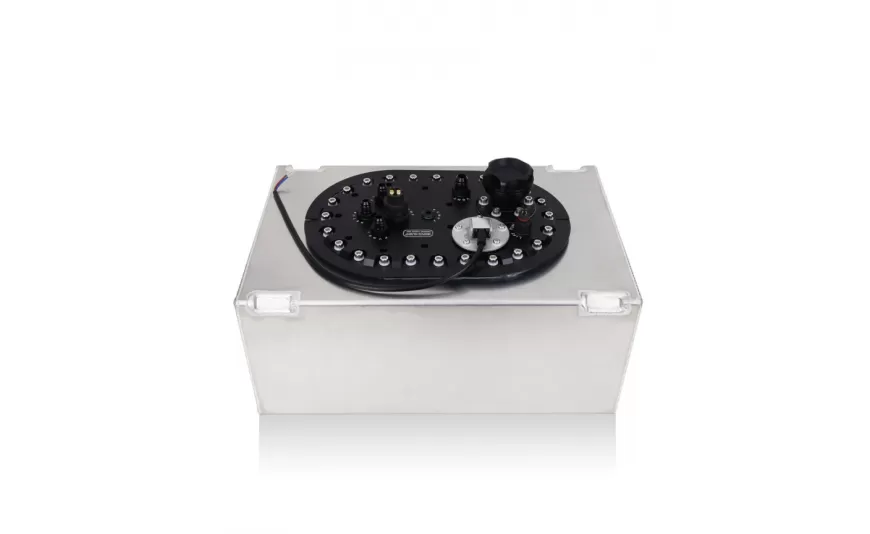
Fuel cell gas tanks are containers specifically designed to store gaseous or liquid fuel. In fuel cell vehicles and other devices, they provide a continuous fuel supply to the fuel cells, ensuring proper operation.
Fuel cell gas tank assembly
Inner liner: Serves as a seal to prevent gas leakage.
Composite layer: Typically made of carbon fiber composite or glass fiber.
Cylinder valve: Controls hydrogen flow and provides integrated safety features.
Hydrogen filling port: Connects to a hydrogen filling station for refueling.
Outlet: Connects to the hydrogen supply line.
Safety valve: Automatically releases gas in the event of overheating or overpressure, preventing explosion.
Rupture disc: Ruptures under extreme conditions, releasing pressure.
Pressure sensor: Monitors the pressure inside the tank in real time and provides feedback to the control system.
Temperature sensor: Monitors temperature to prevent overheating.
Pressure reducer: Reduces high-pressure hydrogen to a low pressure acceptable to the fuel cell.
Solenoid valve and check valve: Control hydrogen flow and prevent backflow.
Buffer: Reduces pressure fluctuations during gas flow.
Based on the functions of the components above, we can see that the material requirements for fuel cell gas tanks are relatively high in practice. Essentially, the following requirements must be met:
High strength and pressure resistance
Hydrogen is typically stored at high pressures. Materials must possess sufficient strength to prevent deformation or rupture of the tank. They must also exhibit fatigue resistance, withstanding the pressure cycles of long-term hydrogen charging and discharging to avoid fatigue failure.
Good resistance to hydrogen embrittlement
Hydrogen can embrittle metal materials and degrade mechanical properties. Materials must effectively inhibit hydrogen permeation and diffusion to prevent hydrogen embrittlement. High-strength steel, which is susceptible to hydrogen embrittlement, should be avoided. Aluminum alloys, composite materials, or materials treated for hydrogen embrittlement should be preferred.
Good sealing properties
Hydrogen molecules are extremely small and easily leak. Materials must exhibit excellent sealing properties to ensure safety during long-term storage and use. Reliable sealing measures must be implemented at connections between the tank, valves, and ports.
In addition, the material should be as lightweight as possible to improve the vehicle's range and overall performance. It must also exhibit corrosion resistance, resisting erosion by moisture, oxygen, and corrosive media to extend its service life. Currently, carbon fiber composites are widely used in the manufacture of high-pressure hydrogen storage tanks due to their excellent overall performance.
Fuel cell gas tanks provide fuel for fuel cells and are widely used in transportation.
• Automotive: In the automotive industry, fuel cell electric vehicles (FCEVs) are attracting attention for their zero emissions and high energy conversion efficiency. In addition to passenger cars, they are also being used in buses and trucks.
• Marine: Tanks provide hydrogen for fuel cells in ships, enabling them to achieve better performance in clean energy, high energy efficiency, and high power systems without overly considering factors such as temperature and humidity.
• Trains: Fuel cell gas tanks provide hydrogen for train fuel cell systems, ensuring the train's power supply.
The above is a brief sharing about fuel cell gas tanks. If you want to know more related knowledge or have more unique insights, please contact us. OSIAS has a professional technical team and is ready to have a more in-depth discussion with you at any time.Our OSIAS line of fuel cells offers maximum value and safety to the racer. Built with high quality, race proven components from a company known for performance and safety, you can’t go wrong with OSIAS Fuel Cells!


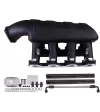
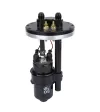
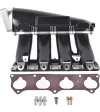
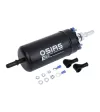
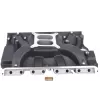
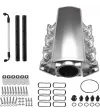
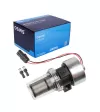

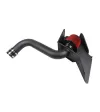
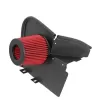
Write a comment